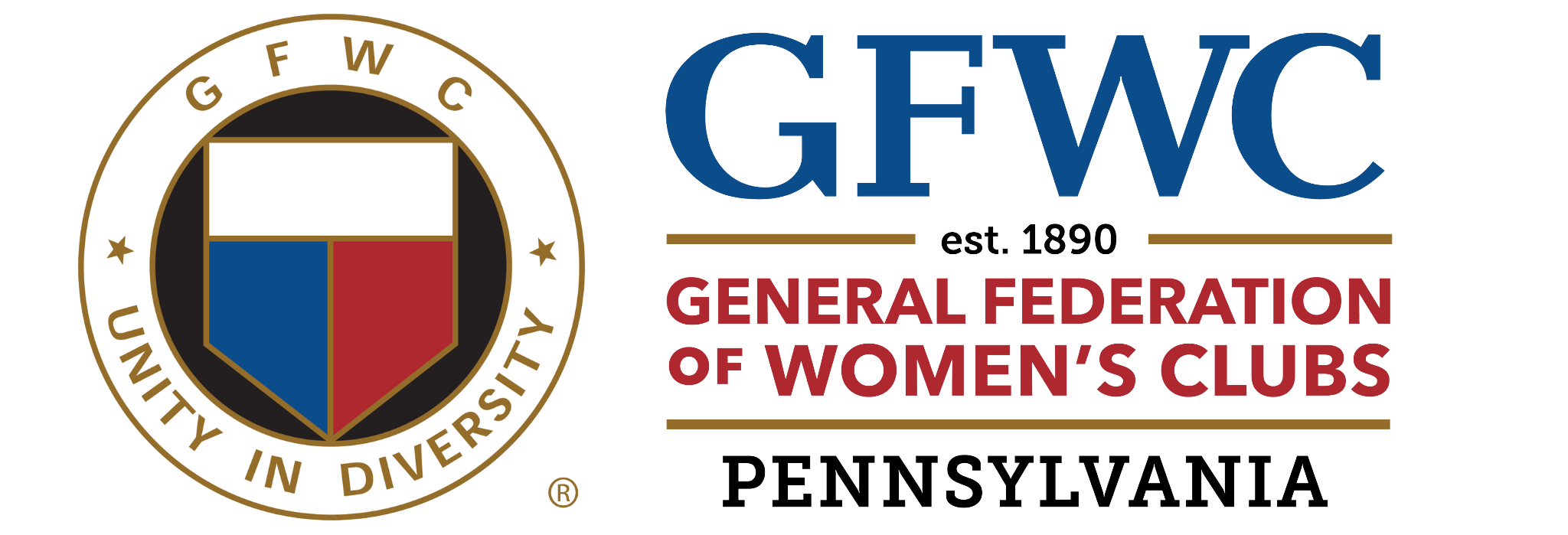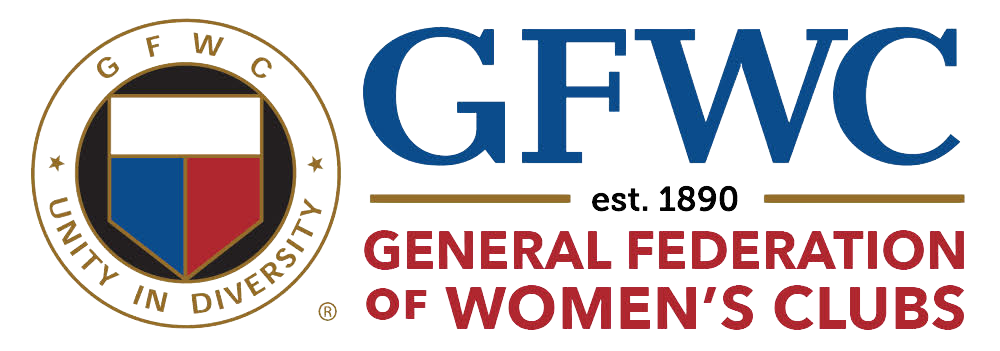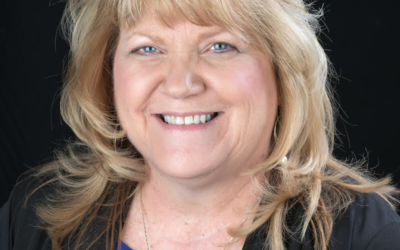
GFWC PA President’s Project:
Heart Mind Spirit – Mental Health Awareness
CO-CHAIRMAN
Lois Richards
lrichards208@outlook.com
Amy Finn
District Chairman
Southeastern:
Kathleen Lackey-Painter
kathleen.painter1@gmail.com
Northeastern:
Diane Lake
dianemlake@live.com
South Central:
Rhonda Harrison
h2ofront@verizon.net
District Chairman
North Central:
Susan King
susangfwcwrwc@yahoo.com
Southwestern:
Christine Griffin
cgriffin9212016@gmail.com
Northwestern:
Carol Caler
ccaler@zoominternet.net
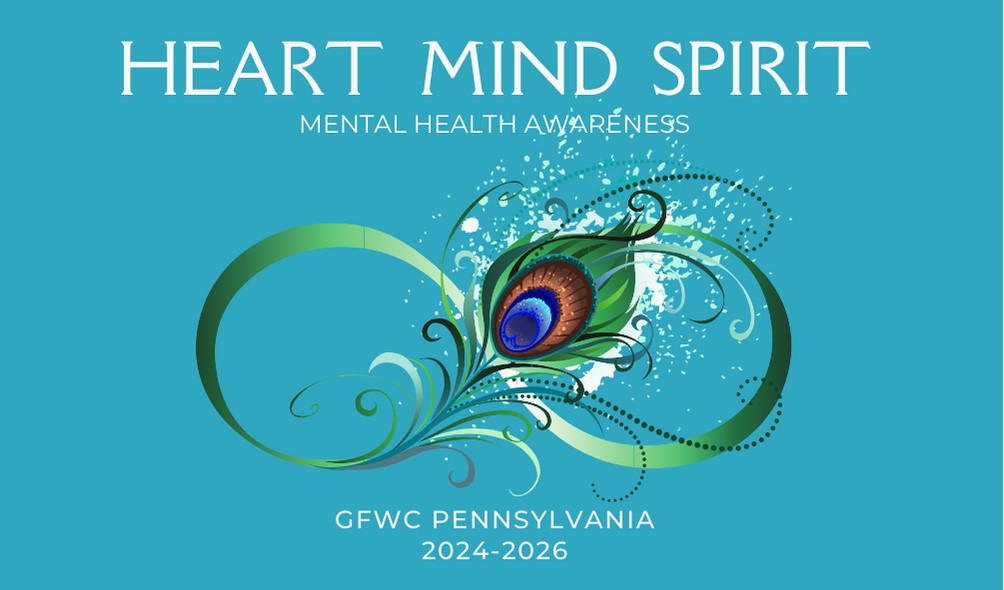
State President's Project:
Heart Mind Spirit – Mental Health Awareness
OBJECTIVE:
To bring awareness and understanding about the impact of mental health not only in our own lives, but to those we strive to help within our communities.
GOALS:
-
To increase understanding of the seriousness of mental health in our youth and young adults
-
Increase understanding of how families are impacted
-
Support those who struggle with mental health within our communities through education, projects, and programs. Encouraging selfcare will also be a goal of this program
-
Reduce the stigma and encourage those who are affected to reach out for help
-
#stopthestigma
This administration’s state president’s project focuses on mental health. The project will seek to not only assist with providing resources for individuals and their families, but also to provide ideas for GFWC members regarding ways to utilize their own local and regional groups to sensitively and creatively promote a better understanding of mental health needs and services.
GFWC Pennsylvania’s President’s Project, Heart Mind Spirit – Mental Health Awareness, aims to bring awareness and understanding about the impact of mental health not only in our own lives, but to those we strive to help within our communities.
Below you will find some ideas to help get you started.
Enrich Monthly Meetings
Offering presentations at monthly meetings that relate to mental health, being mindful of concepts such as self-care, having a support system, understanding behaviors or symptoms of concern, and how and where to seek help.
Additional ideas for monthly meetings could include providing a brief, 3-5 minute snippet of something that attendees could consider for that month and in the weeks ahead. Examples of this might include the following:
- Highlighting something in pop culture or current events that attendees can think about and be aware of in the weeks between meetings.
- Giving small “assignments” to meeting attendees, such as to practice five minutes of mindfulness each day for the next few weeks, to make a point of doing
something for oneself at least a few times each week, limiting screen time, journaling, etc. - Make a craft or complete an activity at a monthly meeting that can be used outside of the group’s meeting times, such as creating a greeting card to be
specifically used to reach out to someone with whom one has lost touch. - Bring pre-printed “business cards” to the meeting for the group to collect. Have the local GFWC contact information on the back and an inspirational message on the front. These can be distributed to the attendees to hand out to people who could use a little “pick-me-up.”
- Sharing ideas for “random acts of kindness” that the meeting attendees could utilize in between meetings and then report on the following month.
Local Media and Entertainment Outreach
- Reach out to a local publication (i.e. newspaper, website, etc.).
- Offer for local GFWC members to write a monthly short article that incorporates concepts related to mental health awareness and wellness so as to help spread the word and let others in the community know that GFWC cares about this topic and is doing its part to promote a healthfulness and support.
- Collaborate with an area movie theater.
- Ask about sponsoring a movie or ask for community donations for movie sponsorship. Think about movies that will offer more information about living with mental illness. Another consideration would be to offer a “feel good” movie that can provide an outing for friends and family to do something together that is wholesome and uplifting.
Print and Product Creation and Distribution
- Print and distribute literature outlining GFWC’s mission with regard to incorporating mental health awareness, education, and sensitivity into its mission.
- Invest in making pins/badges or decals that advertise the above, further letting people know that GFWC cares about mental health and is an organization that is taking an interest in learning ways to educate and support people through the club’s endeavors and to reduce the stigma associated with mental health.
Community Outreach and Engagement
- Consider forming a book club or a book study group and selecting books that focus on mental health and wellbeing.
- Discussion among readers is a great way to get people thinking and promote the flow of people’s creative juices through lively discussion and debates.
- Look within your community for organizations to highlight and to learn from, such as the National Alliance on Mental Illness (NAMI).
- Make a point of seeking information that can be shared with fellow clubwomen and thereby with others who might be in need of resources and support within the area.
- Reach out to other women and invite them to attend a monthly meeting.
- Think of people you know who might be lonely, who might just need a night with a group of friendly and welcoming ladies, and/or who could use a healthy and supportive outlet. This might result in a one-time outing for someone, OR, it might turn out to be an opportunity to gain a new group member.
Heart Mind Spirit in Action
Remember, whatever creative activity or idea one chooses to incorporate into club activities, there is an almost endless well from which to draw inspiration and to offer support. Club members will undoubtedly find that simply by “starting the discussion” and brainstorming with fellow clubwomen, the ideas and connectivity will begin to flow.
That type of connectedness and unity as clubs embark on this shared mission will only serve to draw each other closer and to engage others as they recognize GFWC for what it is: an organization
- accepting of others’ differences and uniqueness,
- sensitive to the needs of those around us, and
- supportive of the challenges and hurdles that are faced
by club members and by people in their communities.
Resource – National Alliance on Mental Health (NAMI) has offices all over Pennsylvania.
- NAMI Keystone Pennsylvania, 105 Braunlich Drive, Suite 200, Pittsburgh PA 412-366-3788
- NAMI, 802 West Broad Street, Bethlehem PA (610) 882-2102
- NAMI, 140 N Lansdowne Ave, Lansdowne, PA 19050 (610) 623-0071
- NAMI Northeast Region PA, 846 Jefferson Ave, Scranton, PA 18510 (570) 342-1047
- NAMI, 1611 Peach St., Ste 218, Erie, PA 16501 (814) 456-1773
- NAMI Blair County PA, 1809 11th Street, Room 306, Altoona, PA 16601 (814) 327-7085
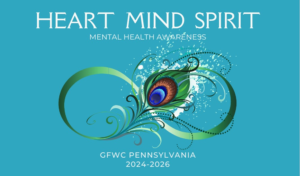
© 2024 General Federation of Women’s Clubs Pennsylvania. All rights reserved. Permission granted to GFWC Pennsylvania members for their exclusive use to freely reproduce in whole or in part (indicate if excerpted) using this credit line: © 2024 General Federation of Women’s Clubs Pennsylvania. 814-317-6489 <www.gfwcpennsylvania.org>. Used with permission. May not be reproduced for sale or profit.
Join a Club Near You
Reach out to our membership chairman for help finding a club near you.
For general inquiries, contact Headquarters below or the Chairman of a specific program or advancement area.
1301 Allegheny Street, Suite 119
Hollidaysburg, PA 16648
T: 814-317-6489
info@gfwcpennsylvania.org

